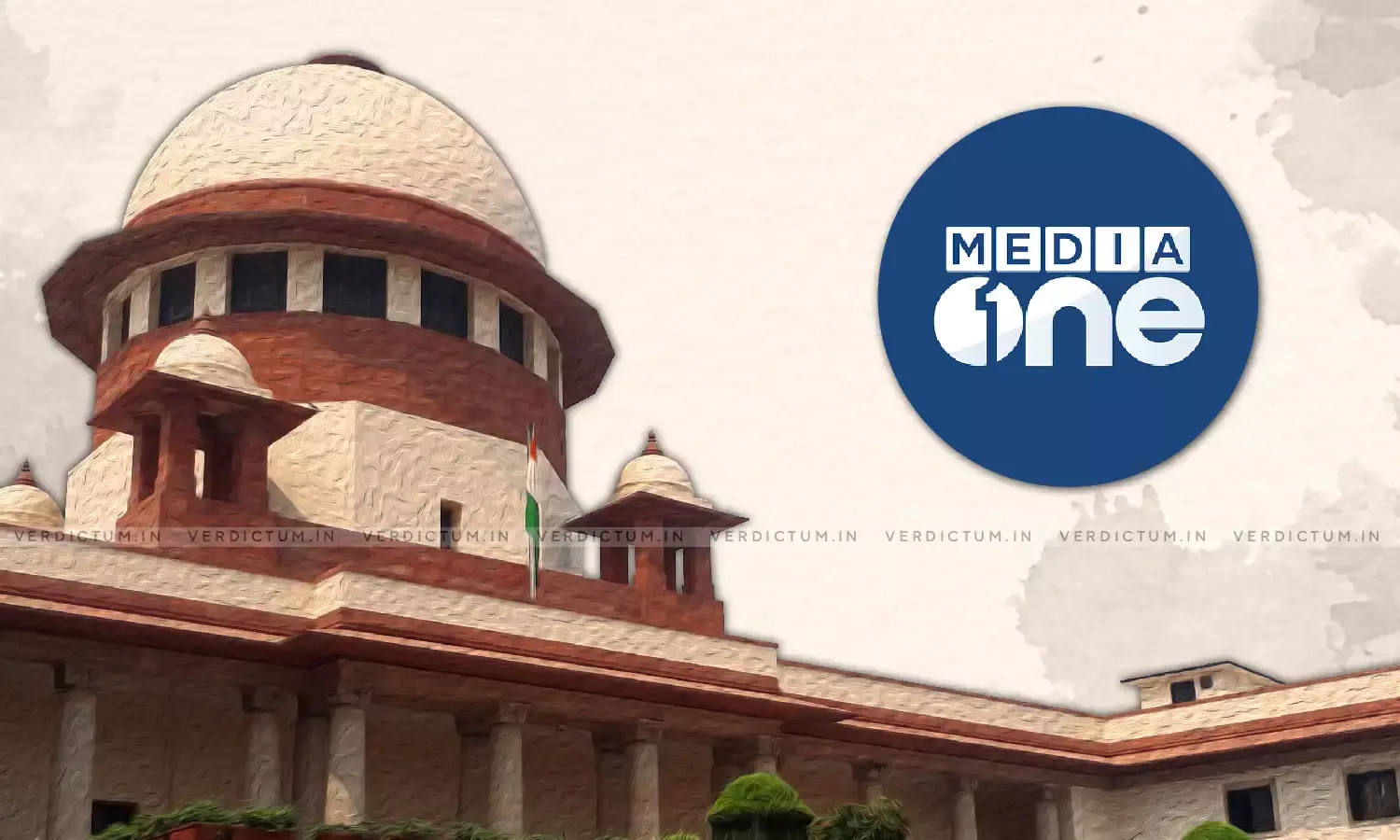“Involvement Of Issues Affecting National Security Does Not Preclude State’s Duty To Act Fairly”- SC Upholds Importance Of Independent Press

A Supreme Court Bench of Chief Justice Dr. DY Chandrachud and Justice Hima Kohli has stressed the importance of an independent press for the functioning of a democratic republic. Further, the Court has held that the mere involvement of issues concerning national security would not preclude the state’s duty to act fairly.
Senior Counsel Dushyant Dave, Senior Counsel Huzefa A Ahmadi, and Senior Counsel Mukul Rohatgi appeared for the appellants. ASG KM Nataraj appeared for the respondents.
In this case, the Ministry of Information and Broadcasting had refused to renew the Malayalam news channel MediaOne’s broadcast license on the ground that the security clearance had not been given by the Ministry of Home Affairs. The Ministry had presented a sealed cover report before the Kerala High Court to justify its decision.
The High Court ruled that there were clear indications that the security of the State and public order would be impacted by granting permission to MediaOne.
The Supreme Court disagreed with the view taken by the High Court and observed that “An independent press is vital for the robust functioning of a democratic republic. Its role in a democratic society is crucial for it shines a light on the functioning of the state. The press has a duty to speak truth to power, and present citizens with hard facts enabling them to make choices that propel democracy in the right direction. The restriction on the freedom of the press compels citizens to think along the same tangent. A homogenised view on issues that range from socioeconomic polity to political ideologies would pose grave dangers to democracy.”
In a similar context, the Court observed that “The mere involvement of issues concerning national security would not preclude the state’s duty to act fairly. If the State discards its duty to act fairly, then it must be justified before the court on the facts of the case. Firstly, the State must satisfy the Court that national security concerns are involved. Secondly, the State must satisfy the court that an abrogation of the principle(s) of natural justice is justified. These two standards that have emerged from the jurisprudence abroad resemble the proportionality standard.”
The Apex Court also took the stance that Courts could adopt the course of action of redacting the confidential portions of the document and providing a summary of the contents of the document instead of opting for the sealed cover procedure to fairly exclude the document from the proceedings on a successful public interest immunity claim.
Subsequently, it was held that “the respondents by not providing a reasoned order denying the renewal of license, not disclosing the relevant material, and by disclosing the material only to the court in a sealed cover have violated the appellant’s right to a fair hearing protected under Article 21 of the Constitution.”
In the matter, the Court while lifting the ban on the news channel also observed that the constitutional principle of procedural guarantees cannot be turned into dead letter. (Read Report)
While, the Court also condemned the practice of sealed covers and held that the sealed cover procedure restricts the core of the principles of natural justice, i.e., the right to a fair and reasonable proceeding. (Read Report)
Cause Title: Madhyamam Broadcasting Limited v. Union of India & Ors.
Click here to read/download the Judgment

